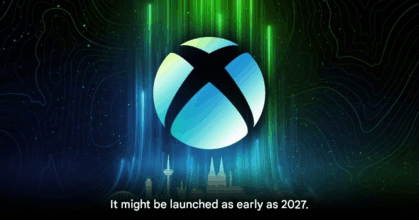
In a major milestone for open-source gaming, data from the October 2025 Steam Hardware & Software Survey confirms that Linux has surpassed the 3% user share mark for the first time in its history on the platform. This achievement, reaching 3.05% of all active Steam users, officially pushes Linux past macOS, which recorded a 2.11% share in the same period, cementing Linux’s position as the second-most used operating system for gaming on Steam.
This unprecedented rise in Linux usage is primarily attributed to the continued commercial success of Valve’s Steam Deck handheld console. The device, which runs on SteamOS (a customized Linux distribution), has significantly lowered the barriers to entry for Linux gaming. The survey data supports this, indicating that a substantial portion of all Linux users on Steam are running SteamOS Holo. This makes a clear case that a dedicated hardware push, combined with aggressive investment in compatibility software, is fundamentally changing the PC gaming landscape.

Furthermore, the continuous improvement of Proton, Valve’s compatibility layer that allows thousands of Windows-exclusive games to run smoothly on Linux, has drastically improved the user experience. The growing stability and game compatibility, which includes support for formerly problematic elements like certain anti-cheat systems, has converted more desktop users to the Linux platform. While Microsoft Windows still dominates the platform with 94.84% of the market share, the steady growth of Linux signals a potential shift in developer priorities toward multi-platform support, giving players across the globe a viable alternative to the dominant operating system.
THIS IS Our Take
This is a monumental win for the open-source community, but more importantly, it is a triumph of strategic vision by Valve. By coupling the hardware success of the Steam Deck with the software excellence of Proton, they have created a self-sustaining ecosystem that is finally giving Linux the critical mass it needed to be taken seriously by developers. For players in Southeast Asia and across the globe who have long been restricted to Windows or faced limited Mac ports, this rising Linux market share signals a more diverse and accessible future for PC gaming. The 3% mark may seem small, but it’s a massive crack in Windows’ monopoly.





